Do your Solar Shopping Today
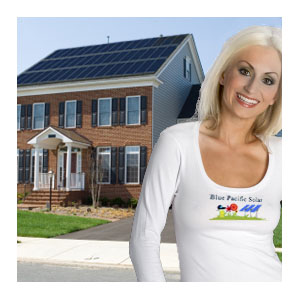
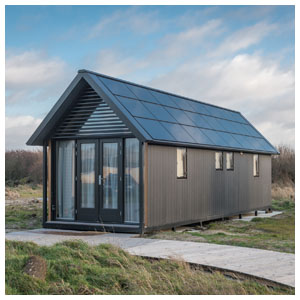
Off-Grid Systems
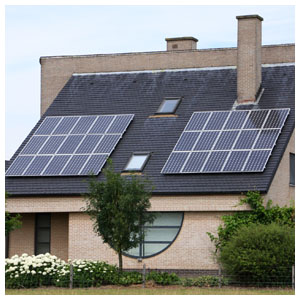
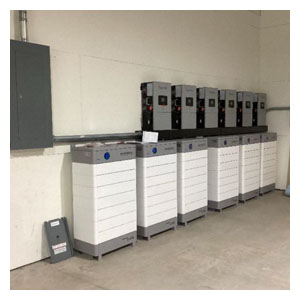
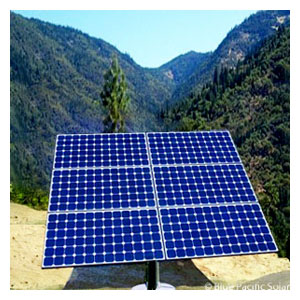
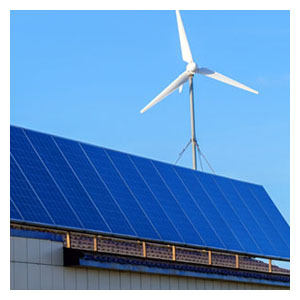
Wind Systems
MicroInverters for Residential and Commercial Solar with Blue Pacific DIY Kits
In today's energy-conscious world, harnessing the power of the sun for your home or business has become an increasingly attractive option. Solar panels have become more efficient and affordable, and advancements in inverter technology have made the process even more accessible. One of the most exciting innovations in recent years is the microinverter, offering numerous advantages over traditional string inverters, especially for DIY solar enthusiasts.
What are MicroInverters?
Microinverters are small, individual inverters attached directly to the back of each solar panel. Unlike traditional string inverters that convert the DC output of all panels in a series into AC electricity, microinverters handle each panel independently. This provides several key benefits:
- Increased Efficiency: Each panel operates at its maximum potential, regardless of the performance of other panels in the system. This is particularly advantageous in shaded conditions or when panels face different directions.
- Enhanced Safety: In the event of a system malfunction, only the affected panel is shut down, minimizing safety risks and maximizing power production from the remaining panels.
- Modular Design: Expanding your system is as simple as adding more panels and microinverters, providing greater flexibility and scalability.
- Detailed Monitoring: Individual panel-level monitoring allows you to track the performance of each panel, enabling you to identify any potential issues and optimize your system's efficiency.
Blue Pacific Solar: Your DIY Microinverter Kit Specialists
Blue Pacific Solar is a leading provider of high-quality solar panel kits, including DIY options featuring Enphase IQ8 microinverters. They offer a variety of pre-configured kits suitable for residential and commercial applications, ranging from small rooftop systems to larger installations.
Here are some of the advantages of choosing Blue Pacific Solar for your DIY microinverter kit:
- Wide Selection of Kits: Blue Pacific Solar offers kits with various panel wattages, system sizes, and microinverter quantities to cater to diverse needs and budgets.
- High-Quality Components: They use reputable brands like Enphase for microinverters and Jinko Solar for panels, ensuring durability and reliable performance.
- Comprehensive Support: Blue Pacific Solar provides detailed installation guides, online resources, and technical support to assist you throughout the DIY process.
- Competitive Prices: They offer competitive pricing on their kits and individual components, making solar power more accessible than ever.
Solar panel kits are packages that include all the necessary components and accessories to install and operate a solar power system. There are different types of solar panel kits, depending on how they interact with the grid. On-off grid kits allow you to switch between using grid electricity and solar electricity, depending on the availability and cost of each source. Hybrid systems combine solar panels with other renewable energy sources, such as wind turbines or batteries, to provide more reliable and efficient power generation.
Ready to Make the Switch to Solar with Blue Pacific DIY Kits?
Whether you're a homeowner looking to reduce your electricity bills or a business owner seeking to achieve energy independence, Blue Pacific Solar's DIY microinverter kits offer a convenient and cost-effective way to harness the power of the sun. With their user-friendly kits, comprehensive support, and high-quality components, Blue Pacific Solar empowers you to take control of your energy future.
Here are some additional things to consider when choosing a DIY microinverter kit:
Your energy needs: Determine your average electricity consumption to select a system size that meets your requirements.
Rooftop space: Measure your available roof space to ensure it can accommodate the desired number of panels.
Local regulations and permits: Familiarize yourself with any local permitting requirements for installing solar panels in your area.
System monitoring: Choose a kit with compatible monitoring software to track your system's performance and identify any potential issues.
By carefully considering these factors and choosing the right kit from Blue Pacific Solar, you can embark on your DIY solar journey with confidence, knowing you're investing in a clean, sustainable energy solution for your home or business.
We hope this information has been helpful. If you have any questions about microinverters, Blue Pacific Solar kits, or the DIY solar installation process, please don't hesitate to contact Blue Pacific Solar's experienced team. They are happy to assist you in making informed decisions and realizing your solar energy dreams.
Additional Resources:
Blue Pacific Solar Permit Service: https://www.bluepacificsolar.com/solar-permit.html
With careful planning and the right tools, installing your own solar panel system with microinverters can be a rewarding and empowering experience. Blue Pacific Solar is here to guide you every step of the way, making the transition to clean energy smoother than ever.
We encourage you to explore the possibilities of solar power and experience the satisfaction of generating your own clean electricity. Let's harness the power